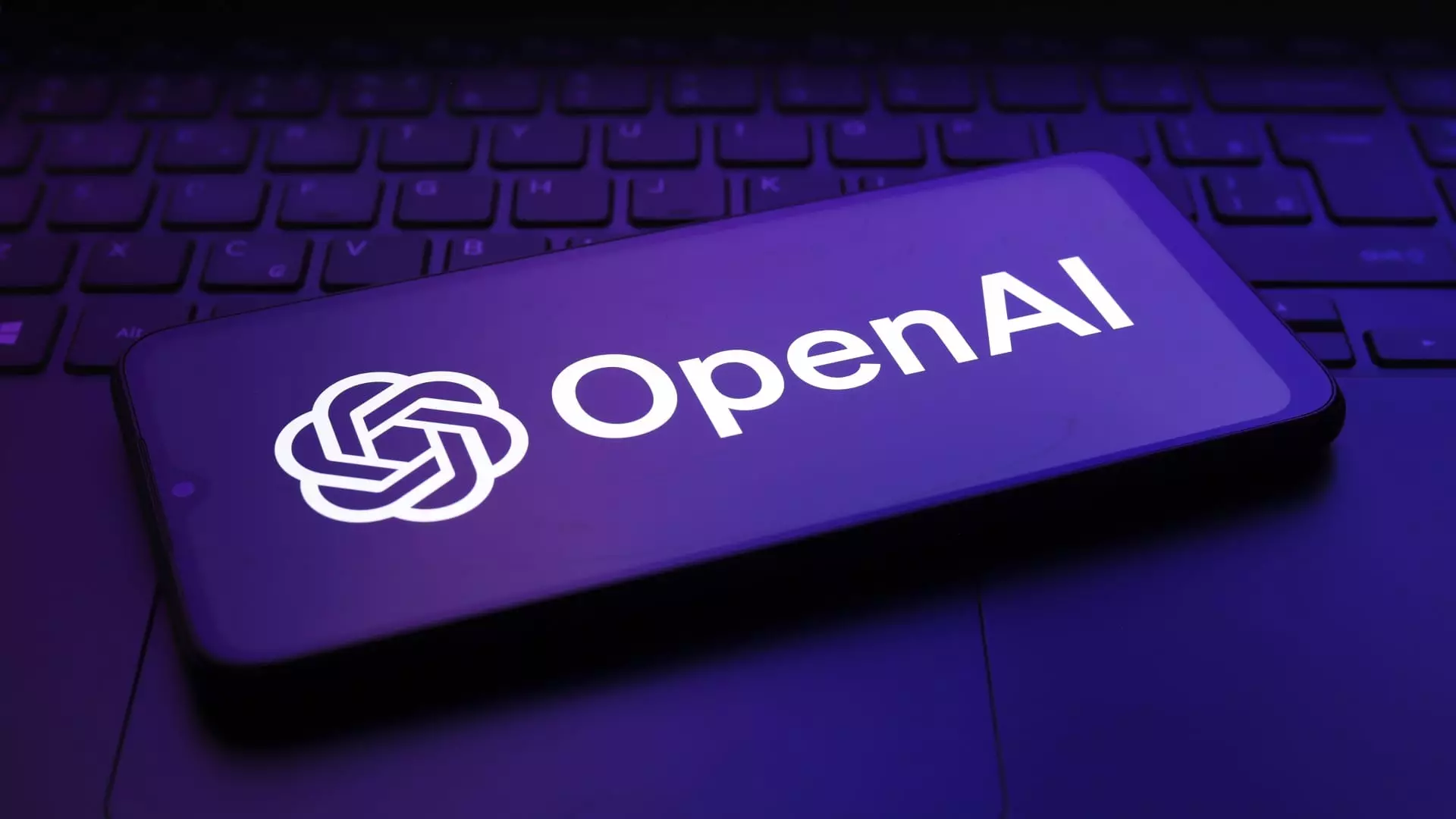In a heart-wrenching revelation, 26-year-old Suchir Balaji, a former researcher with OpenAI, was found deceased in his San Francisco apartment, an incident that has raised profound questions surrounding mental health in the high-pressure tech industry. This tragedy, confirmed by CNBC and first reported by the San Jose Mercury News, underscores the often unseen struggles faced by individuals in innovative and demanding environments. Balaji’s disturbing concerns about ethical practices at OpenAI, particularly regarding the alleged misuse of copyrighted material in the development of AI technologies like ChatGPT, paint a portrait of a man who was not merely a cog in the corporate machine, but a vocal advocate for intellectual property rights.
Balaji’s departure from OpenAI this year wasn’t just a career shift; it reflected a fundamental conflict of values. His outspoken nature on the potential ramifications of AI on creators reveals a broader tension within the field. Many experts echo Balaji’s fears that tools like ChatGPT could undermine the livelihoods of content creators and artists, who find their original works used as training data without compensation or consent. This alarming trend has spurred legal disputes involving OpenAI, with lawsuits from publishers and content creators seeking accountability and restitution from both OpenAI and its primary investor, Microsoft. Balaji’s words carry significant weight; he stated, “If you believe what I believe, you have to just leave the company.” His exit was perhaps not just a personal choice, but a principled stand against the ethical implications of advancing technology without sufficient oversight.
The San Francisco Police Department’s initial investigation revealed no evidence of foul play, and the solemn determination of suicide by local authorities has left a lingering cloud of sorrow over the tech community. While details regarding Balaji’s emotional state at the time are sparse, his untimely death highlights a concerning reality—the immense pressures placed on employees in the tech industry can lead to devastating outcomes. It’s a painful reminder that mental health must be prioritized within fast-paced work environments that often demand relentless innovation and productivity.
Balaji’s death not only impacts his family, friends, and colleagues but also invites a critical examination of the culture within high-tech industries. Companies like OpenAI operate at the cutting edge of technology, and while they drive progress, they must also confront the ethical and social dimensions of their innovations. The tech sector is notorious for its high-stress atmosphere, and it’s crucial for organizations to foster an environment that encourages open dialogue around mental well-being, especially when addressing moral dilemmas in emerging technologies.
OpenAI’s response to Balaji’s death expressed deep sorrow, acknowledging the loss felt by his loved ones. It emphasizes the need for a more profound engagement with the ethical challenges posed by AI and a commitment to supporting employees’ mental health. As the industry continues to evolve, the balance between innovation, ethical responsibility, and mental well-being must become a priority. Suchir Balaji’s legacy may very well serve as a crucial catalyst for change, urging the tech community to reevaluate its practices, prioritize mental health, and implement ethical safeguards to ensure that the pursuit of progress does not come at the cost of human lives.

